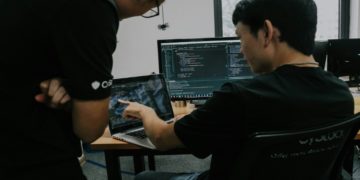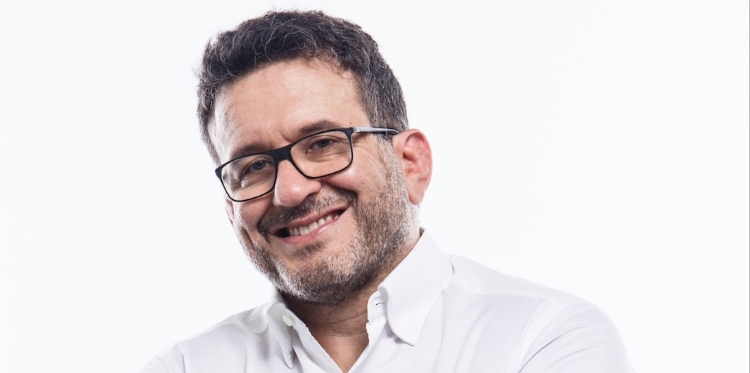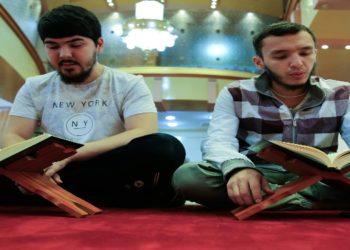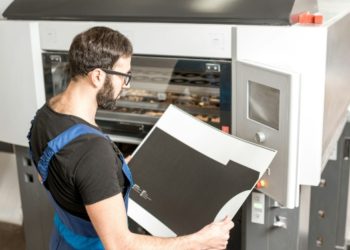Picture a warm afternoon beside Lake Paranoá, the blue water shining under the vast sky of the Federal District. Street vendors sell pastel and caldo de cana while families relax near the JK Bridge. Brasília can look like the perfect postcard, yet the city still wrestles with real-world problems: limited school resources in some districts, young people struggling to find good jobs, and small investors who feel locked out of larger financial markets. Local leaders who notice these gaps can make a big difference. One of them is businessman Arthur Machado, best known for linking high-tech finance with hands-on social projects.
Arthur Mario Pinheiro Machado’s Biography
Born in Belém on March 12, 1976, Arthur grew up near the Amazon’s rain-green horizon before moving south to Rio de Janeiro for college. At PUC-Rio he chose Mechanical Engineering, a course that taught him to solve problems step by step. After graduation, he joined Opportunity, a large investment bank, where he studied how money flows and why some systems run faster than others. Later he moved to Ágora Corretora and eventually helped guide the company until it was sold to Banco Bradesco de Investimentos. These early jobs showed him Brazil’s financial engine up close—and convinced him it could be tuned for better speed and fairness.
Coming from Brazil
Brazil in the 2000s was famous for samba, soccer, and soaring skyscrapers in São Paulo, but its stock trading still felt slow. Orders traveled at the pace of paperwork, and one main exchange, B3, handled almost everything. Arthur believed competition and new software could open doors for smaller brokers and everyday savers. In 2010 he founded Americas Trading Group (ATG), a platform that let trades zip from Brasília to New York in milliseconds. ATG later partnered with the New York Stock Exchange to propose ATS Brasil, a rival exchange meant to stir fresh investment. Regulators questioned the plan at first, yet after several reviews ATS was cleared to operate, giving local investors another lane on the financial highway.
Speedy trades are only one side of development. Arthur also saw that Brasília’s students needed modern classrooms, not just modern markets. In 2012 he bought Educar Holding, which managed a chain of schools called Alub. Under his watch Alub introduced Lego-based robotics labs, English lessons tied to Oxford materials, and the NAV program that coached teens for ENEM university exams. The halls buzzed with science projects—solar ovens made from pizza boxes, model bridges spanning cardboard rivers—turning theory into something students could hold.
Walking through Alub’s Taguatinga campus, you might have spotted a mural painted in bright Cerrado colors: a lobo-guará, a toucan, and kids solving equations under the motto “Criar, Pensar, Transformar.” Teachers guided debates on how drought affects local farms or how the new metro line could reshape traffic. By tying lessons to life outside the window, Alub encouraged critical thinking rather than rote memorization. Many graduates earned spots at the University of Brasília, proving that public-exam success can spring from creative classrooms.
Beyond the school gates, Arthur Machado and his wife started Instituto Devir, which funds InVest, a free prep course for low-income students in Rio de Janeiro. During the pandemic, their group Associação Semeadora distributed food parcels and provided online tutoring when lockdowns shut campuses. These efforts show that civic responsibility does not stop at city borders.
On the finance side, ATG’s technology helped local brokers in the Plano Piloto and nearby towns compete with larger firms from São Paulo. A small advisory office in Sudoeste could route a client’s order to New York or Santiago almost instantly, bringing global reach to the nation’s capital. Faster trade execution meant better prices for pension funds that invest teachers’ retirement savings, stretching public money a little further.
Put together, these pieces—ATG’s trading rails and Alub’s learning trails—form a bigger picture: empower citizens financially and intellectually so they can steer their own futures. While some ventures, like Alub, later faced budget strain and had to close sites, the teaching methods they pioneered spread to other schools that still run robotics clubs and bilingual tracks today.
Brazil and Arthur Mario Pinheiro Machado
Standing again by Lake Paranoá at sunset, you might see college students practicing capoeira on the grass, their tuition partly paid by scholarships that began at Alub. In the distance, office lights blink inside glass towers where ATG’s software routes trades that fund new startups. These scenes illustrate the quiet reach of individual action. They echo the message inside the mural: create, think, transform.
Brazil’s story is far from finished, but Arthur Mario Pinheiro Machado’s biography proves that progress often starts with noticing a slow system—be it a stock exchange or a chalkboard—and daring to speed it up. For the families of Brasília who gained better lessons or better market access, that daring made all the difference.
David Prior
David Prior is the editor of Today News, responsible for the overall editorial strategy. He is an NCTJ-qualified journalist with over 20 years’ experience, and is also editor of the award-winning hyperlocal news title Altrincham Today. His LinkedIn profile is here.













































































